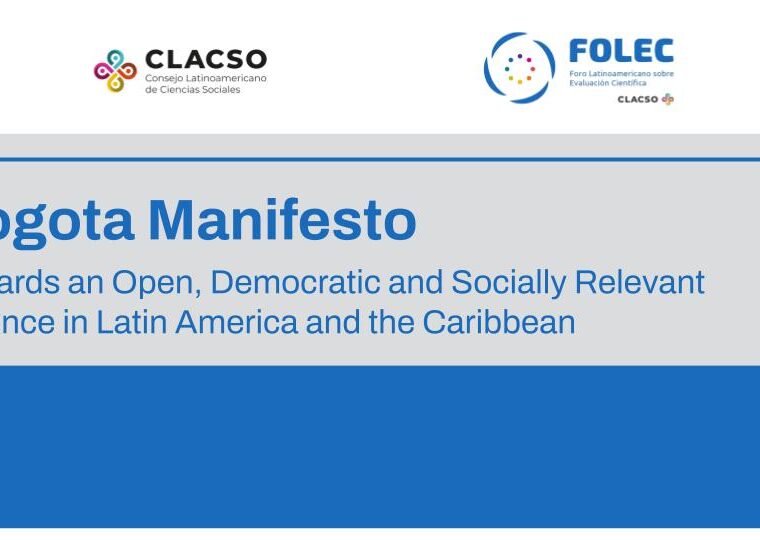Publishing requires constant innovation and renewal in order for it to remain relevant. eLife has disrupted the traditional model of scholarly publishing: since its inception, innovation and academic-led publishing have been at the core of eLife‘s policies and processes. Presently, their peer review model requires submissions to be preprinted prior to peer review, followed by the publication of the papers’ reviews alongside the article together with an eLife Assessment as “a Reviewed Preprint”. In this publishing model, there is no binary determination of acceptance or rejection after peer review. This approach addresses the fact that articles submitted, reviewed, and rejected at one journal tend to ultimately get published elsewhere (and consequently indexed), often unchanged. eLife’s model has provided valuable innovation in peer review and hands control back to the authors of the research.
The recent announcement by Clarivate that they have suspended indexing of eLife from the Web of Science Science Citation Index Expanded (SCIE), and by association from being eligible for a Journal Impact Factor, highlights the overt challenges to disrupt and innovate in the scholarly publishing system. Clarivate have indicated this is because they want to only index a curated feed of papers from eLife rather than all the papers that undergo peer review, regardless of outcome. Since eLife has been put on hold, Chinese authors have either stopped submitting and others have withdrawn, indicating the strong dependence of the Journal Impact Factor on author perceptions in China. In some jurisdictions, including China, journal articles must be indexed in Web of Science to “count”. This move may also limit the discoverability of eLife’s articles.
This development reinforces how a commercial entity such as Clarivate, can, through its ownership of scholarly databases and indices, hold the academic community to ransom. Clarivate’s announcement is disappointing as it both punishes innovation in peer review and disregards the important role of authors in deciding how and where their research should be published.
As funders and institutions increasingly move away from using single metrics to assess research(ers), the role of Journal Impact Factors is becoming increasingly irrelevant. We know, for example, that funder journals such as Open Research Europe, Wellcome Open Research and Gates Open Research, and indeed all the F1000 titles, have never had a Journal Impact Factor and do not need it to show the impact that they have within their communities.
eLife has long been a supporter of DORA and was an early signatory. Our view is that the innovative initiatives by eLife and others are crucial to ensuring that scholarly communication continues to evolve in a variety of ways to meet the changing needs of the research ecosystem in the 21st century. We are concerned by the action that Clarivate is taking, but not because of the possibility that eLife will not be eligible for a Journal Impact Factor but because Clarivate can use its market dominance to shut down innovation.
We therefore support eLife and encourage it to continue its innovation and encourage other journals to consider doing the same.




